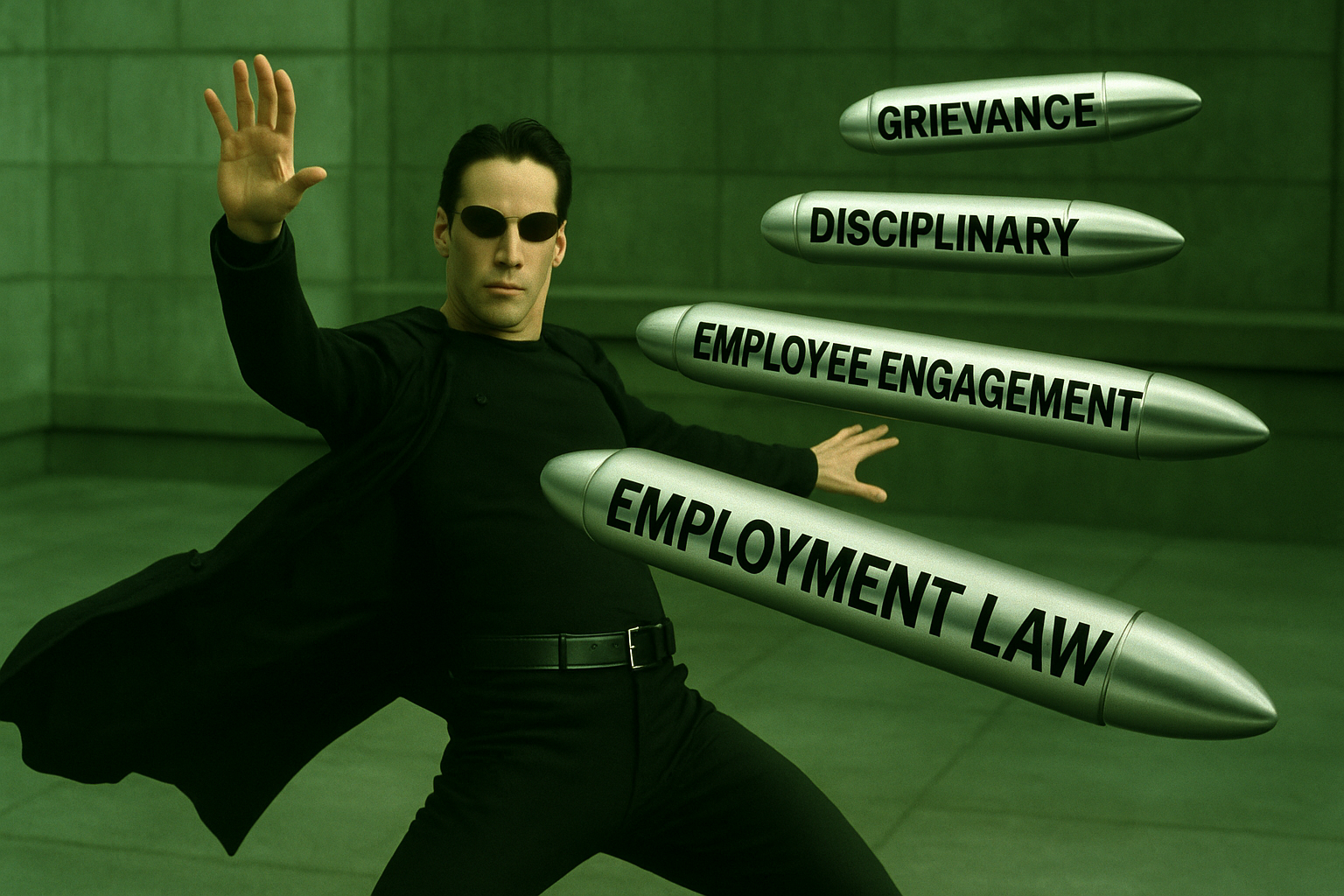How to Keep Employees Engaged When They’re Not in the Office

Hybrid working is no longer a temporary trend, it’s becoming the standard for SMEs and start-ups across theUK (and beyond). While this model offers flexibility and work-life balance, it also brings a new set of challenges for Leaders and HR teams. How do you maintain engagement, connection, and company culture when employees aren’t physically together?
At Ig-hr, we’ve seen first-hand the benefits that hybrid working brings, but only when businesses intentionally focus on keeping their people connected, recognised, and supported. In this blog we are sharing how you can make hybrid work for your team:
1. Understanding the Hybrid Challenge
Hybrid working can lead to isolation, miscommunication, and even a sense of “out of sight, out of mind”for employees. SMEs may find that without careful planning, productivity and engagement start to drift. New hires, in particular, can struggle to feel included, informed and aligned with company values when their first experiences are mostly virtual.
Recognising these challenges is the first step. With the right approach, you can turn hybrid working into an opportunity to create an even more connected and motivated team.
2. Maintaining Company CultureRemotely
Company culture isn’t just about office perks, it’s about shared values, behaviours, and ways of working. In a hybrid environment, it’s crucial that leaders model these values consistently, whether in person or online. Some practical steps include:
- Host regular virtual team meetings that reflect company values.
- Celebrate wins and milestones with digital shout-outs or newsletters.
- Share stories that highlight behaviours you want to encourage.
By making culture visible and intentional, your team will feel part of something bigger, no matter where they work.
3. Onboarding Hybrid EmployeesSuccessfully
Onboarding remotely requires more planning than traditional approaches. There is a real risk here of your new team member being sat at home with no clear plan, and being unsure of who to go to for what. Without clear onboarding you risk your new starter feeling lost and confused. We suggest this onboarding checklist for hybrid teams:
- Set up technology and access before the first day.
- Schedule virtual meet and greets with their immediate and wider team.
- Assign a mentor or buddy to guide them through processes and culture.
- Include regular check-ins to answer questions and provide support.
A structured onboarding process ensures new hires feel confident, included, and ready to contribute, regardless of location.
4. HR Policies That Support Flexibility and Fairness
Hybrid working works best when employees feel supported and treated fairly. Clear, consistent HR policies provide the structure needed to ensure flexibility doesn’t come at the expense of equity or accountability. Consider:
- Flexible working agreements that balance team needs with individual preferences.
- Transparent processes for promotions, appraisals, and workload allocation.
- Regular wellbeing andengagement check-ins.
When employees feel supported and treated fairly, they are more motivated, productive, and loyal.
Hybrid working doesn’t have to mean disconnected teams or lost culture. By prioritising engagement, recognition, and clear HR policies, SMEs can create a thriving, flexible workplace where employees feel valued and connected.
At Ig-hr, we help businesses design HR strategies that work for hybrid teams building confident managers, retaining top talent, and creating high-performing teams in any working model.
Learn about the latest tools and tips in:
Related Articles
Let us help you build a high performing team.

.png)








.jpeg)








.jpg)

